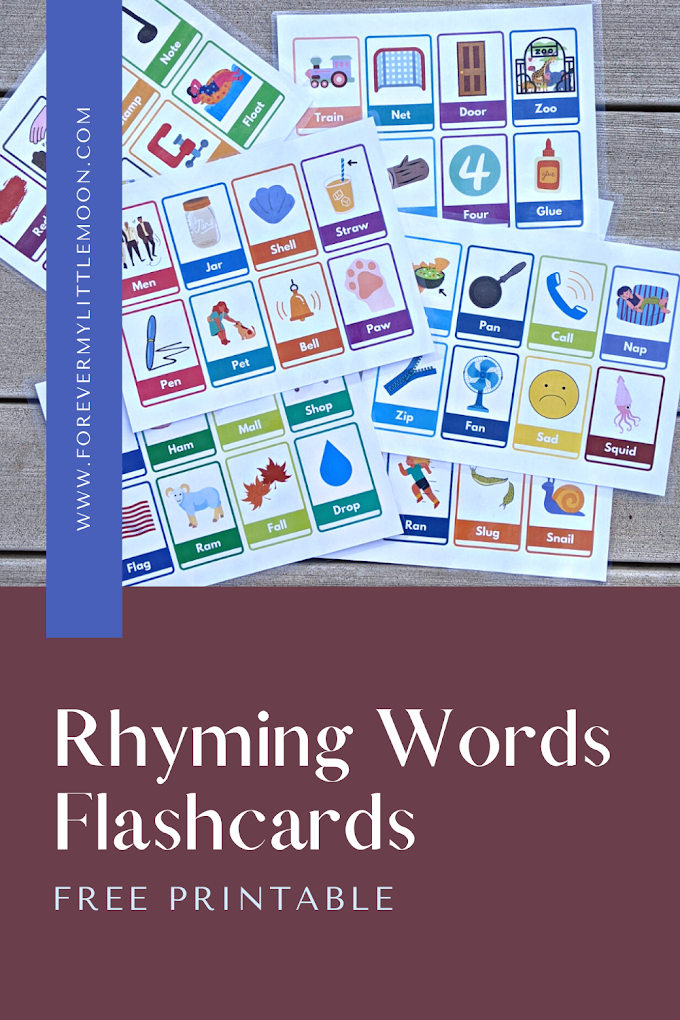1) You can't have alcohol if you are pregnant
Your doctor will probably tell you this and you will also find this government warning label on alcoholic beverages "According to the Surgeon General, women should not drink alcoholic beverages during pregnancy because of the risk of birth defects." (source)
However, it is false, but understandable as to why your doctor may choose to say you can't at all, rather than say you can have a little. Why is this? Well to put simply, some people are just stupid and if are told they can have a couple glasses of wine a week, somehow their brain interprets that as "go out and party hard." To avoid the stupid people from doing stupid things, your doctor and the government is going to treat you as if you are stupid too.
I find it a bit insulting (though I know plenty of stupid people, so I understand their need to be so cautious) as I am an educated woman and understand that a glass of wine here and there is fine when pregnant, but a shot of tequila is not. Here's why:
"If you drink slowly, your liver can keep up and little acetaldehyde gets sent to the fetus. The small amount that does is processed by the baby's liver and doesn't get into the brain or other important areas. Conversely, if you drink quickly, your liver can't keep up and neither can the baby's." - Emily Oster (author of Expecting Better)
Yes, too much alcohol (heavy drinking) is bad for the baby - the studies show that, but little (light drinking), doesn't seem to have any effect:
"The bottom line is that the evidence overwhelmingly shows that light drinking is fine. In fact, there is virtually no evidence that drinking a glass of wine a day has negative impacts on pregnancy or child outcomes. Of course this is a little sensitive to timing - 7 drinks a week does not mean 7 shots of vodka in an hour on a Saturday night. Both the data and the science suggest that speed of drinking, and whether you are eating at the same time, matters. It's not that complicated, drink like a European adult, not like a fraternity brother."- Emily Oster
So why the ban on alcohol for pregnant women? Why all the judgment if she does have a glass of wine with her dinner? It is just the American culture. Just look at Europe and Australia, many of their women drink when pregnant and their babies are just fine, but they are more casual/social drinkers (having 1 glass of wine with dinner), while in America, it seems we can't just stop at one drink, so we are brainwashed into thinking even one glass of wine is going to harm our baby, but it won't, there is no good evidence that it will:
"Several foreign studies have all but endorsed low to moderate amounts of alcohol during pregnancy. A much-cited 2012 study from the Danish National Birth Cohort, funded in part by the CDC, found having anywhere from 1 to 8 drinks per week at any point throughout the pregnancy had no negative neurological effect on children at age 5. Two prominent studies out of Australia and the U.K. (which tracked children's development to age 14) found that low to moderate drinking while pregnant didn't result in birth defects or long-term behavioral problems. (Heavy drinking, again, revealed harmful cognitive and developmental effects, ranging from low attention span to Fetal Alcohol Syndrome.)" (source)
Emily Oster made me laugh when she wrote: "If you have too many bananas, the excess potassium can be a real problem, but no doctor is going around saying 'No amount of bananas has been proven safe!'" (Emily Oster - Expecting Better). They, however, will tell you that no amount of alcohol has been proven safe when there have not been any good studies to prove otherwise. However, no one really knows what the safe limit is, so this is what Emily recommends based on her research:
"1 to 2 drinks a week in the first trimester"
"Up to 1 drink a day in the 2nd and third trimester"
(Emily Oster - Expecting Better)
Now for a light drinker like me, one drink a day is a lot. I tend to only have maybe one glass of wine a week. I don't need alcohol by any means, but I think having none is just being over cautious and will make me feel left out during the holidays. I plan to limit my drinking just to be cautious, but I'm not going to be made to feel guilty if I decide to have a glass of wine with my turkey on Thanksgiving!
However, you might feel differently and want to avoid alcohol altogether. The decision is yours.
2) You can't have sushi if you are pregnant
"There is no conclusive evidence in published literature that eating sushi in pregnancy has an adverse effect on the pregnancy or that pregnant women have more complications after eating sushi. There are few if any published reports on an adverse association between sushi and bad pregnancy outcomes." (source)
This is just some strange American fear. Japanese women eat sushi all the time when they are pregnant and they don't seem to have a problem. So why do Americans?
It's all about where our food comes from and if it has been handled properly. If you have eaten sushi at your favorite Japanese restaurant and have never gotten sick, you are probably fine to eat there when you are pregnant, but I would stay clear of sushi that is found in gas stations or anything being set out in the open for too long (like at a buffet).
According to PubMed and Motherisk: "...it is no longer necessary for pregnant women to avoid foods like ... sushi and sashimi. Regardless of whether seafood is raw or cooked, pregnant women should choose low mercury seafood (eg, salmon and shrimp) over higher mercury varieties (eg, fresh tuna). Pregnant women should ensure that their food is obtained from reputable establishments; stored, handled, and cooked properly; and consumed within a couple of days of purchasing." (source)
And if you want to be extra cautious, just eat cooked fish (cooking will kill bacteria) or ask if the fish had been frozen before being used in the sushi you are eating. If frozen before being used, the possible bacteria would have been killed and it should be safe to eat. (source) If making your own sushi, just freeze your fish beforehand or buy already frozen fish.
However, if you do feel sick and you had sushi, talk to your doctor right away, don't wait it out. The "bacteria in sushi are no worse when you are pregnant than when you are not," (Emily Oster - Expecting Better) but still best to see your doctor just to be cautious.
For the extra cautious, there is always vegetarian or vegetable sushi, so you don't have to worry about the fish at all and you don't have to give up sushi!
3) You can't have deli meat if you are pregnant
The fear with deli meat is the bacteria Listeria, which is known to be bad and worse if you are pregnant because it can affect the fetus. However, "the last confirmed Listeria outbreak due to deli meats was back in 2005" (Emily Oster - Expecting Better) and it was only related to turkey deli meat (source).
The problem with Listeria is it is totally random. If you go to the CDC site, you will see that the most recent outbreaks (2015), were related to soft cheeses and to Blue Bell ice cream. Outbreaks of Listeria in the past have been related to prepackaged caramel apples, cantaloupes, sprouts, and celery. None of those foods have anything to do with deli meats.
"The question is not whether Listeria infection is scary: it is. The question is what decisions you can make to avoid it. It would be difficult or impossible to avoid all foods that have caused a Listeria outbreak ... Even if you did avoid avoid all these foods, Listeria could well show up in apples next, or pork chops. There's just now way to know" - (Emily Oster - Expecting Better)
So do you need to avoid deli meat? Well, Emily chose to avoid turkey deli meat but thought it was unfair to group ham and other deli meats with turkey.
"My best estimate, based on the data, was that avoiding ham sandwiches would have lowered my risk of Listeria infection from 1 in 8.333 to 1 in 8,255... this change is really, really small. For me, it wasn't worth it." - (Emily Oster - Expecting Better)
The risk of infection from avoiding deli meat is so low that Emily didn't think it was worth giving up her ham sandwiches. Here are some other sources:
"The risk, of course, lies in that pesky Listeria bacteria that may be lurking in cold cuts. But apparently, the risk is so low that it really isn't anything to be concerned about." (source)
"Approximately 2,500 individuals will become infected with Listeria annually. This means it is extremely rare." (source)
In the end, you really don't have to avoid deli meats at all if you don't want to, but it's up to you to decide if it's worth the risk. Also, you can always heat up your deli meats before eating them to reduce your risk even more:
"Of course, if you're of the better-safe-than-sorry mentality but can't kick that hankering for a deli sandwich, just have them throw your sandwich into a toaster to get it steaming hot, which is supposed to reduce the risk of Listeria." (source)
Your best bet to increase your chances of avoiding Listeria is to keep an eye on the CDC website to see what the current or past outbreaks were and avoid those foods. Listeria can appear on anything, so no matter what, you could still get it, even if it wasn't one of the foods listed on the outbreak list!
Other precautions you can take to avoid Listeria is to just wash all your fruits and vegetables, wash your hands, cook all your meat till done (no pink!), and avoid food that has been left out for too long (potlucks, buffets, etc). For more tips, just head to the CDC site!
You can read part 2 here.
Sources
- Thinking About Pregnancy Like an Economist
- Expecting Better by Emily Oster
- Wikipedia - Alcoholic Beverage Labeling Act
- Why I Drank While I Was Pregnant
- Is it Safe to Eat Sushi While Pregnant?
- Is it Safe To Eat Sushi During Pregnancy?
- New book claims sushi, wine okay for pregnant women
- Listeria Fast Facts
- Listeria Outbreaks
- 5 Pregnancy Myths: You Can’t Eat Lunch Meat and Other Things You Thought You Knew
- Eating Deli Meats During Your Pregnancy: Is It Safe?
















